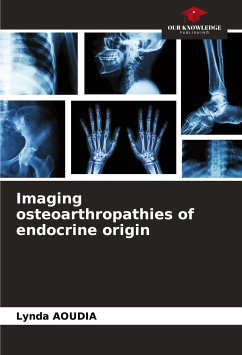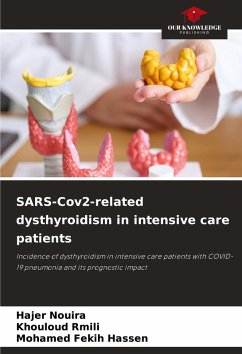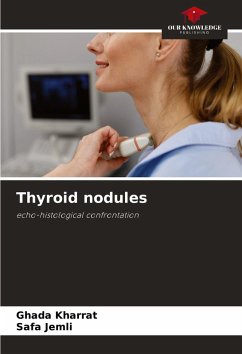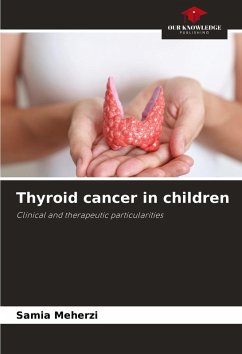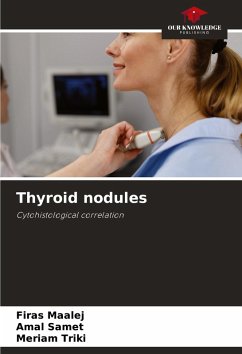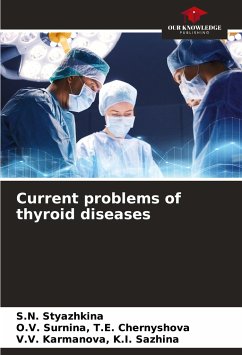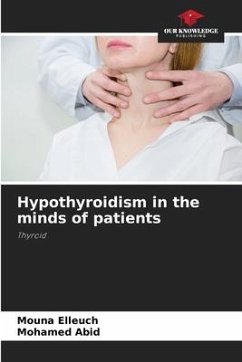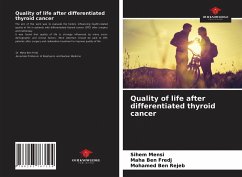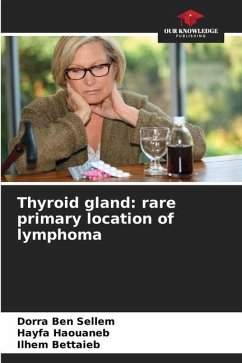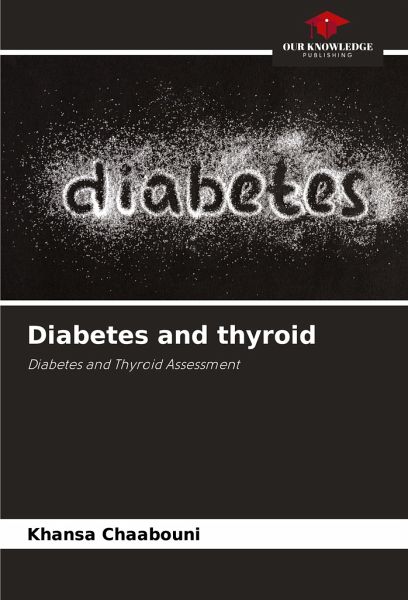
Diabetes and thyroid
Diabetes and Thyroid Assessment
Versandkostenfrei!
Versandfertig in 6-10 Tagen
27,99 €
inkl. MwSt.

PAYBACK Punkte
14 °P sammeln!
Diabetes and dysthyroidism are common endocrinopathies. Their management is distinct. However, carbohydrate metabolism and thyroid function influence each other. Objective: Analysis of thyroid function in type 1 and type 2 diabetics Patients and methods: We conducted a cross-sectional case-control study. Type 1 and type 2 diabetic patients and controls were recruited. Clinical information was collected. Fasting blood samples were taken. Results: The study population consisted of 50 type 1 diabetics, 50 type 2 diabetics and 36 controls. TSH levels were higher in diabetics. Metabolic disorders w...
Diabetes and dysthyroidism are common endocrinopathies. Their management is distinct. However, carbohydrate metabolism and thyroid function influence each other. Objective: Analysis of thyroid function in type 1 and type 2 diabetics Patients and methods: We conducted a cross-sectional case-control study. Type 1 and type 2 diabetic patients and controls were recruited. Clinical information was collected. Fasting blood samples were taken. Results: The study population consisted of 50 type 1 diabetics, 50 type 2 diabetics and 36 controls. TSH levels were higher in diabetics. Metabolic disorders were higher in diabetics with dysthyroidism. The clinical and biological characteristics of diabetics with TSH at the upper limit of normal and those with frank hypothyroidism were comparable. Conclusion: Unrecognized thyroid dysfunction could alter glycemic control in diabetics and vice versa. A screening strategy for dysthyroidism in both types of diabetes should be instituted.



